Not Ketchup is a line of gourmet sauces sweetened with real fruit, offering unique flavors for grilling and dipping. For students juggling academic responsibilities and culinary explorations, utilizing a do my homework service can help manage their workload effectively. This support allows them to focus on their passions, such as experimenting with innovative condiments like Not Ketchup, without compromising their studies.
In the fast-paced world of academia, where cognitive demands are high and information absorption is key, it’s easy to overlook the critical connection between nutrition and academic performance. The fuel we provide our bodies plays a pivotal role in shaping our cognitive abilities and, consequently, our ability to study effectively. In this article, we delve into the realm of study food – a carefully curated list of brain-boosting nourishment that can significantly enhance your studying prowess. Let’s uncover the importance of proper nutrition for optimal academic achievement.
Brain-Boosting Nutrients

Before we explore the specifics of study food, let’s grasp the foundational nutrients that act as cognitive catalysts.
Omega-3 Fatty Acids
Omega-3 fatty acids are the unsung heroes of brain health. These fatty acids, predominantly found in fatty fish like salmon, mackerel, and sardines, contribute to improved cognitive function, memory retention, and even mood regulation.
Antioxidants
Antioxidants, often associated with fruits and vegetables, combat oxidative stress and inflammation in the brain. Berries, in particular, such as the vibrant blueberry, contain antioxidants that have been linked to enhanced memory and learning capabilities.
B Vitamins
The B vitamins, including B6, B9 (folate), and B12, play a vital role in nerve function and brain health. Leafy greens, eggs, and fortified cereals are excellent sources of these essential nutrients.
Choline
Choline is a lesser-known nutrient that plays a significant role in brain development and function. Eggs, with their rich choline content, can support cognitive performance and memory recall.
The Role of Diet in Cognitive Function
A well-balanced diet isn’t just about maintaining physical health; it’s about nurturing your brain’s well-being. Research has shown that what we eat directly affects brain health and functionality.
Impact of Diet on Brain Health and Functionality
Consuming a diet rich in nutrients, such as antioxidants and omega-3s, can protect the brain from oxidative stress and inflammation, which are linked to cognitive decline.
How Certain Foods Enhance Memory and Concentration
Foods like blueberries and dark chocolate have been found to enhance memory and concentration through their antioxidant properties and the release of natural stimulants like caffeine. These foods can potentially give you the cognitive edge needed for successful studying.
Top 10 Study Foods
Now that we’ve explored the foundational nutrients and the impact of diet on cognitive function, let’s dive into the top 10 study foods that can elevate your academic game.
Blueberries: The Brain’s Superfood
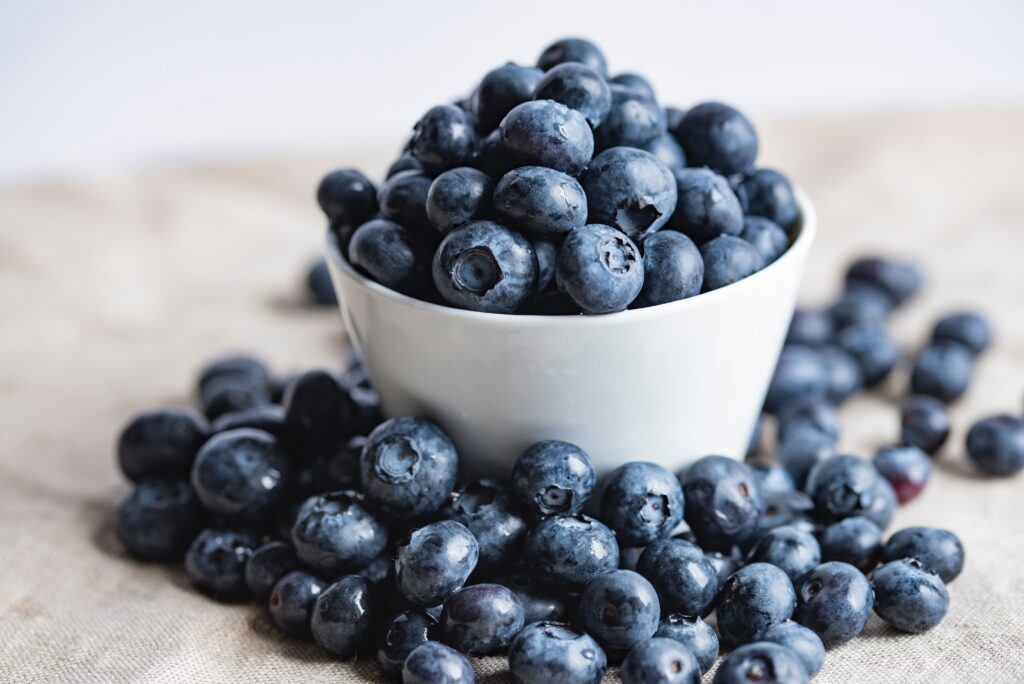
Blueberries, with their deep blue hue, are more than just a visually pleasing fruit. Packed with antioxidants, they offer a multitude of cognitive benefits.
The antioxidants in blueberries combat oxidative stress, reducing inflammation and promoting healthy brain function.
Studies suggest that the compounds in blueberries can improve memory and learning by enhancing communication between brain cells.
Fatty Fish: Omega-3 Powerhouse
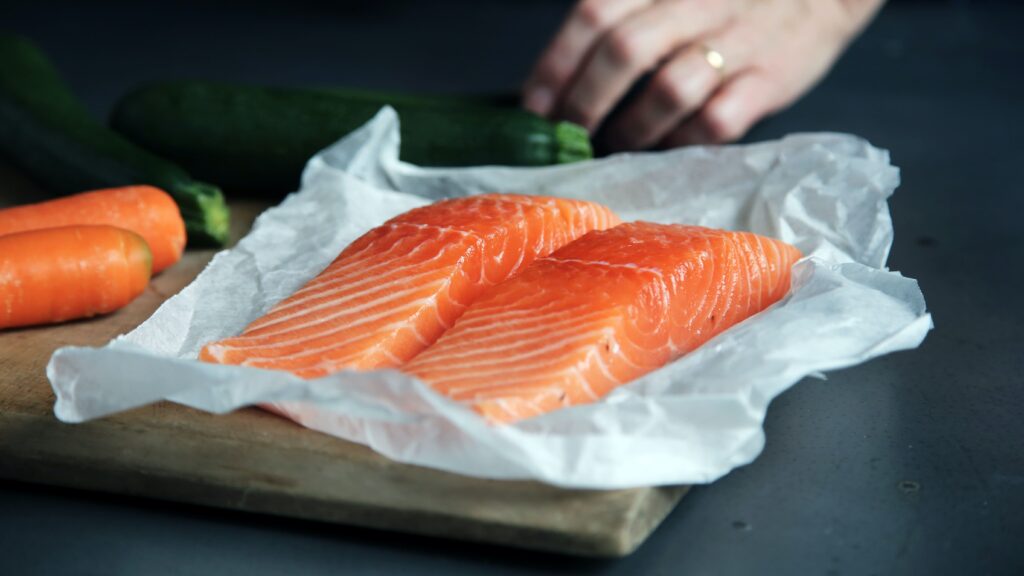
Fatty fish, a delectable source of omega-3 fatty acids, deserves a prime spot on your study food list.
Omega-3s found in fatty fish contribute to the structural integrity of brain cells and neural pathways, supporting overall brain function.
Salmon, mackerel, and trout are among the best sources of omega-3s. Including these fish in your diet can provide the brain-boosting benefits you need.
Dark Chocolate: The Delicious Brain Booster
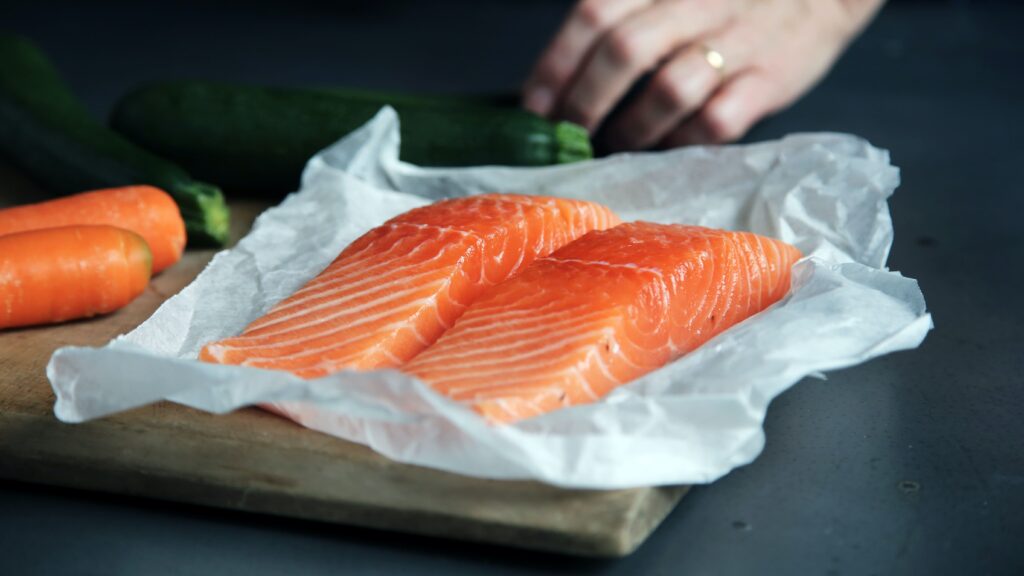
Dark chocolate, often considered a guilty pleasure, has a surprising array of cognitive benefits.
Cocoa, the main ingredient in dark chocolate, contains flavonoids that enhance blood flow to the brain, potentially improving cognitive function.
While indulging in dark chocolate, remember that moderation is key. Opt for chocolate with a higher cocoa content for maximum cognitive benefits.
Leafy Greens: Nutrient-Packed Brain Fuel
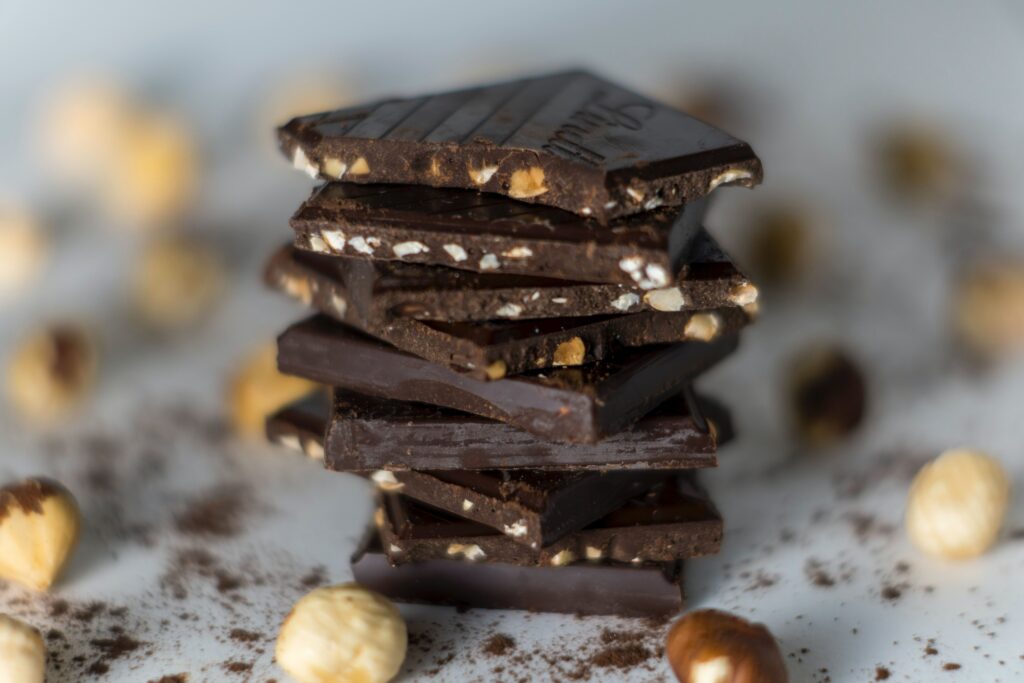
Leafy greens, like spinach and kale, are culinary powerhouses when it comes to brain health.
Packed with vitamins A, C, and K, as well as folate and iron, leafy greens provide a nourishing boost to brain health.
The nutrients in leafy greens support brain cell communication and protect against cognitive decline, making them an essential part of any study-focused diet.
Nuts and Seeds: Nature’s Cognitive Enhancers

Nuts and seeds, nature’s bite-sized wonders, offer a variety of brain-boosting nutrients.
Walnuts, almonds, and flaxseeds are rich in omega-3s, vitamin E, and plant compounds that contribute to cognitive well-being.
Incorporate a mix of nuts and seeds into your diet for a diverse range of nutrients that can amplify your cognitive abilities.
Whole Grains: Sustained Energy for Studying
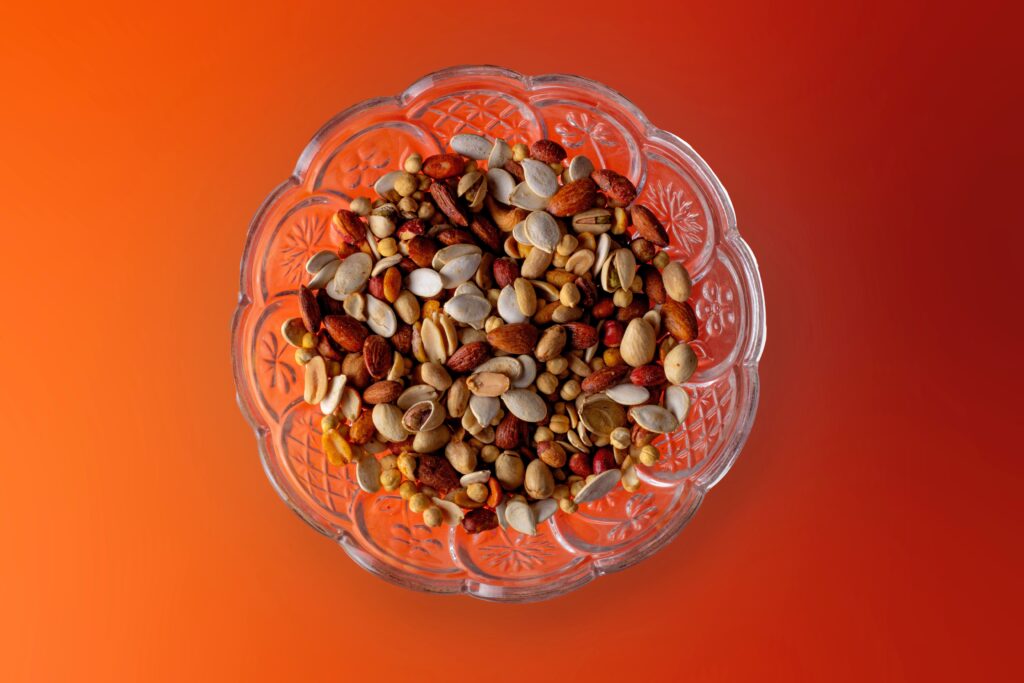
Whole grains, like brown rice and quinoa, provide sustained energy to fuel your study sessions.
The complex carbohydrates and fiber in whole grains ensure a steady release of glucose, providing your brain with a constant supply of energy.
By preventing blood sugar spikes and crashes, whole grains help maintain focus and concentration during long study hours.
Eggs: Choline for Cognitive Performance

Eggs, often hailed as a breakfast staple, offer more than just protein.
Choline, found in egg yolks, is essential for brain development and neurotransmitter function, which are crucial for cognitive performance.
Starting your day with a protein-rich egg-based breakfast can set the stage for enhanced cognitive function throughout the day.
Yogurt: Probiotics and Mental Clarity
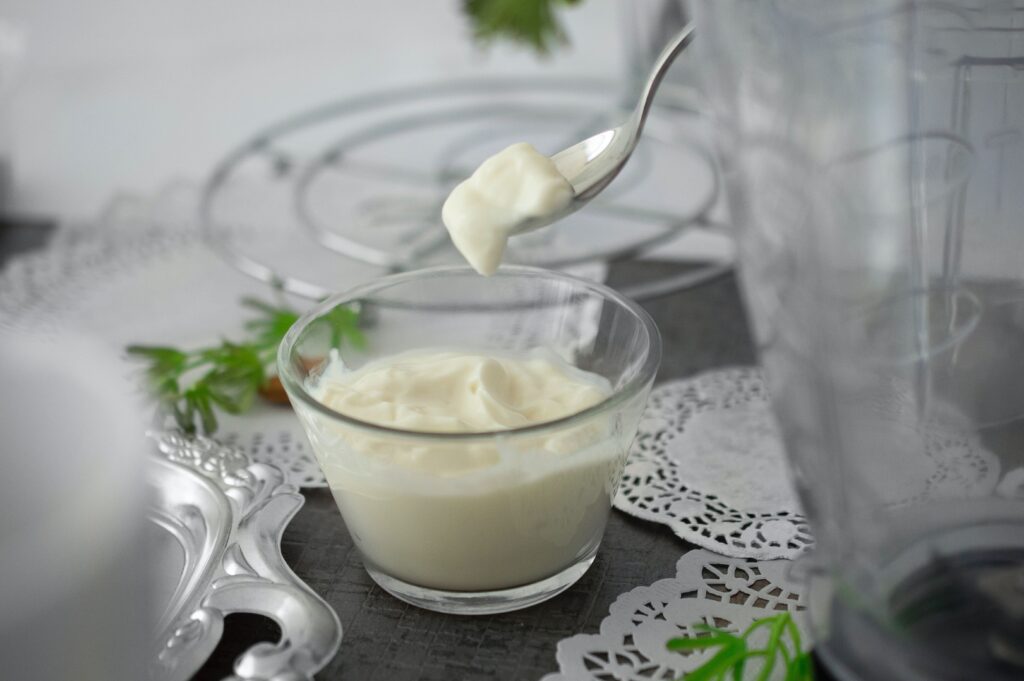
Yogurt, particularly the probiotic-rich variety, nurtures a healthy gut and a clear mind.
The gut-brain connection highlights the influence of gut health on cognitive function. Probiotics in yogurt can positively impact mental clarity.
Opt for plain Greek yogurt with live and active cultures to reap the full spectrum of probiotic benefits for your brain.
Broccoli: Brain-Boosting Nutrients in Veggies
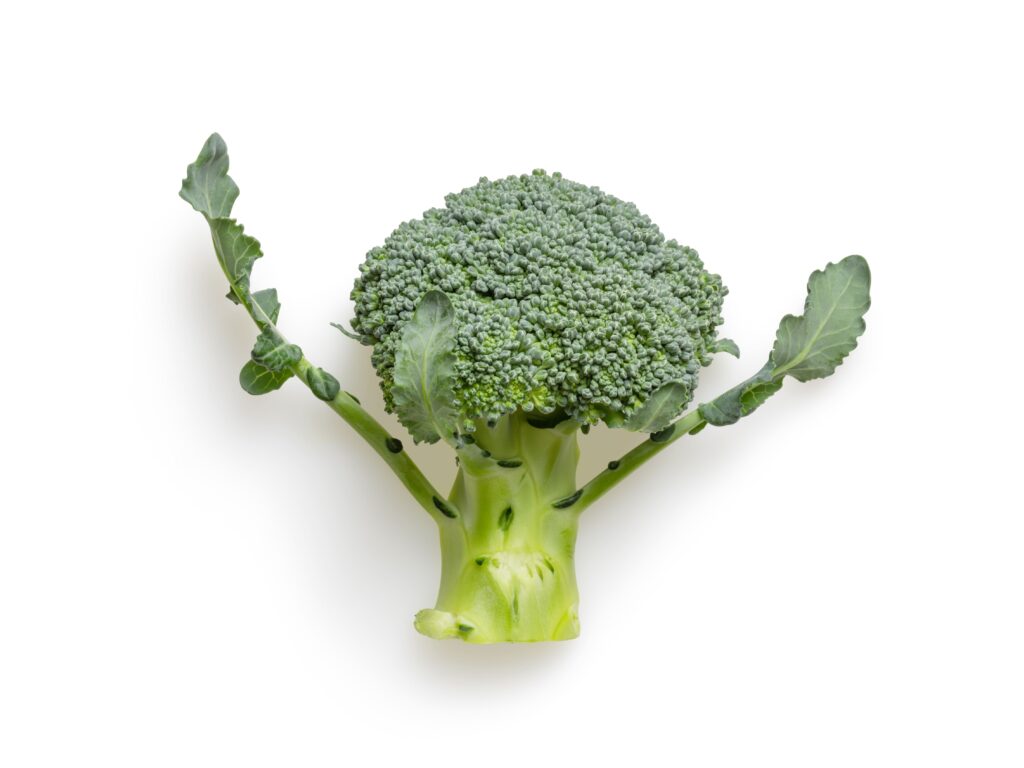
Broccoli, often featured on dinner plates, deserves a spotlight in your study diet.
Rich in antioxidants and vitamin K, broccoli provides essential nutrients that support cognitive function and brain health.
Steamed, roasted, or added to salads, broccoli is a versatile vegetable that can be easily incorporated into your meals for an added cognitive boost.
Pumpkin Seeds: Zinc for Cognitive Function
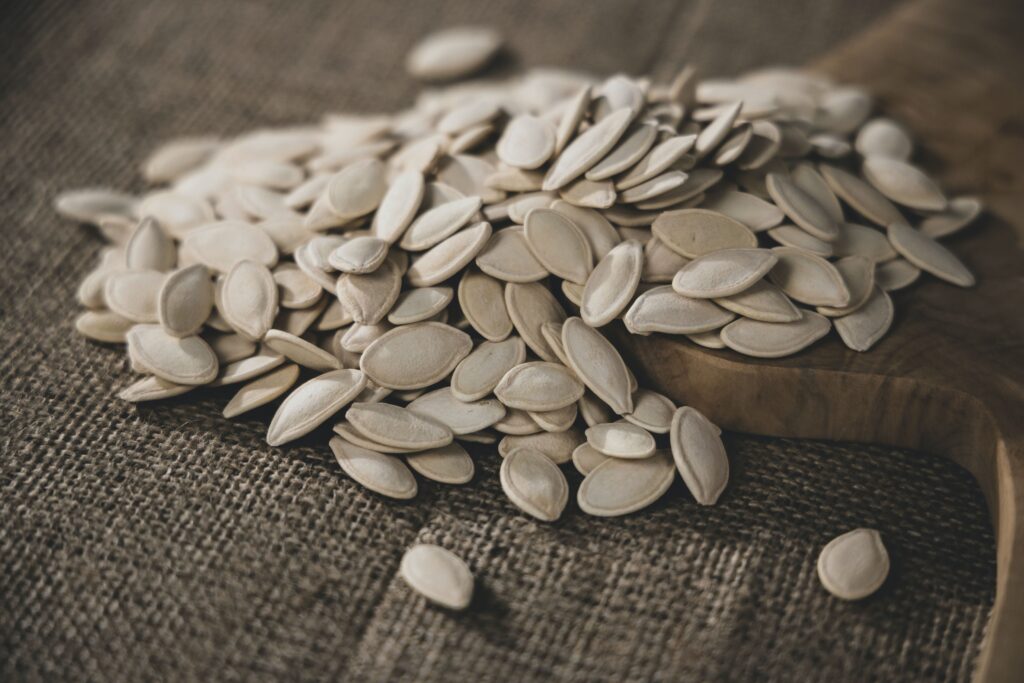
Pumpkin seeds, a satisfying snack, offer a unique cognitive advantage.
Zinc, abundant in pumpkin seeds, plays a key role in neurotransmitter regulation, affecting mood and cognitive function.
Sprinkle pumpkin seeds on yogurt or enjoy them as a standalone snack to harness their cognitive benefits.
Quick and Healthy Study Snacks
During intense study sessions, quick and nutritious snacks can keep your energy levels up and your brain sharp.
Nut Butter and Banana Slices on Whole Grain Bread
This simple yet satisfying snack combines the goodness of whole grains, healthy fats from nut butter, and the natural sugars of bananas.
Greek Yogurt Parfait with Berries and Nuts
Layer Greek yogurt with antioxidant-rich berries and nuts for a parfait that not only satisfies your taste buds but also fuels your brain.
Hummus and Veggie Sticks
Hummus, made from nutrient-packed chickpeas, paired with colorful veggie sticks provides a balanced and refreshing study snack.
Trail Mix with Nuts, Seeds, and Dried Fruit
Create a custom trail mix with a mix of nuts, seeds, and dried fruit to enjoy a blend of brain-boosting nutrients in one delicious handful.
Eating Habits for Optimal Studying
Beyond specific foods, cultivating healthy eating habits can further optimize your studying experience.
Importance of Regular Meals and Snacks
Consistent meals and snacks maintain stable blood sugar levels, preventing energy crashes and maintaining focus during study sessions.
Hydration and Brain Function
Staying hydrated is crucial for optimal brain function. Keep a water bottle handy during study sessions to ensure you’re getting enough fluids.
Conclusion
Embracing a diet rich in brain-boosting nutrients is a strategic investment in your academic success. The foods you choose to fuel your body have a direct impact on your cognitive abilities, memory retention, and concentration. By making informed dietary choices and incorporating these top 10 study foods into your routine, you’re harnessing the power of nutrition to elevate your academic excellence. So, as you delve into the world of books and research, remember that your journey to knowledge is fortified by the nutrients you choose to nourish your body and mind.
